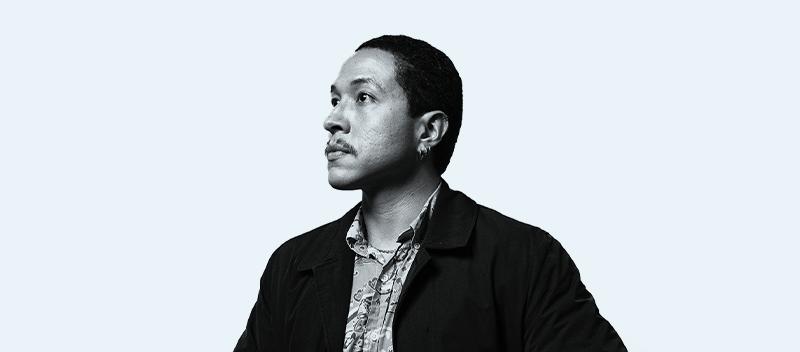Wageningen University has a reputation within the Plant Science field. Our university has cool and interesting research projects with powerful fundamental and societal relevance derived from a sharp understanding of plant biology.
In my case, I am fortunate to say I work in medicinal cannabis research, trying to understand the effect of ultraviolet radiation in the physiology, and biochemistry of the plant. Such understanding can potentially contribute to shed a light on plant physiological mechanisms, as well as more practical applications of ultraviolet radiation in food production systems to boost the content of compounds with nutritional and medicinal properties.
However, medicinal cannabis is not everyone’s cup of tea. Ever since I ventured in my research path with this lovely plant, under a well-regulated scenario, I have encountered detractors from whom I’ve noticed clear patterns of misinformation that cascade into the taboo conclusion: “Cannabis is just a drug and therefore irrelevant”.
I would like to nuance such taboo with positive facts that can be seen around Wageningen University, but also in other countries.
The global cannabis market is a billionaire sector which keeps growing with more countries improving their legalization context. Such market is stimulating the development of innovative technologies for better and more efficient plant cultivation systems including artificial lighting, environmental controllers and sensors, to mention few. Technological development depends on the research that takes place in academic institutions, which prompts a close relationship between academia and industry. Thanks to this relationship, people like me and many other PhD and master students can become independent researchers. Moreover, doing research in cannabis has connected people from the Americas, Asia, Australia, and Europe resulting in several scientific publications, textbooks, and development of innovative technologies.
Of course we should not overlook the challenges and negative aspects related to cannabis, however, I am convinced that the more interactional instances between governments, industry, academia, and society, the more the benefits will derive from the use and study of this wonderful plant.
Willy Contreras-Avilés (34) is a second-year PhD candidate in Horticulture and Biochemistry of medicinal cannabis, from Panama. He likes to dance (perrear), cook Italian food, and swim.

 Photo Guy Ackermans
Photo Guy Ackermans 

